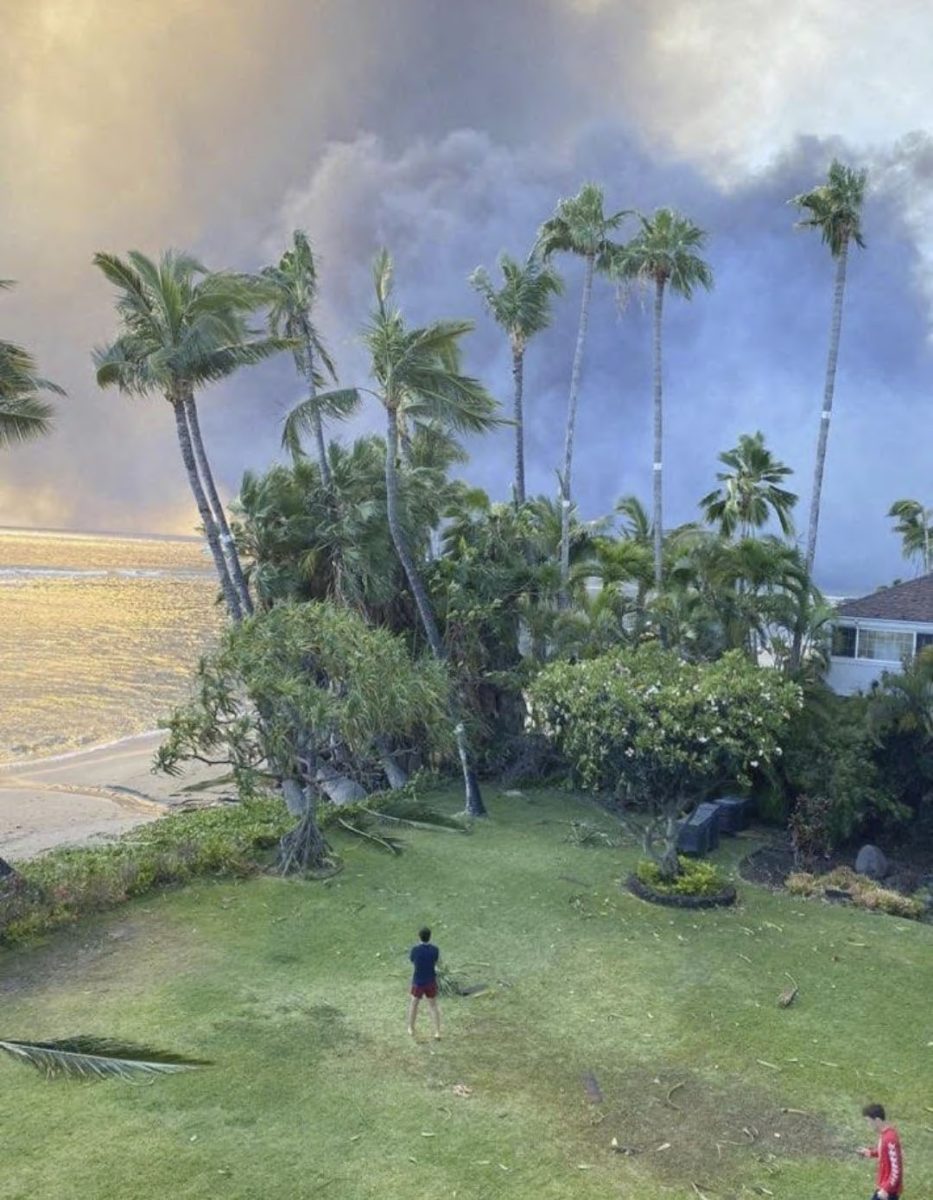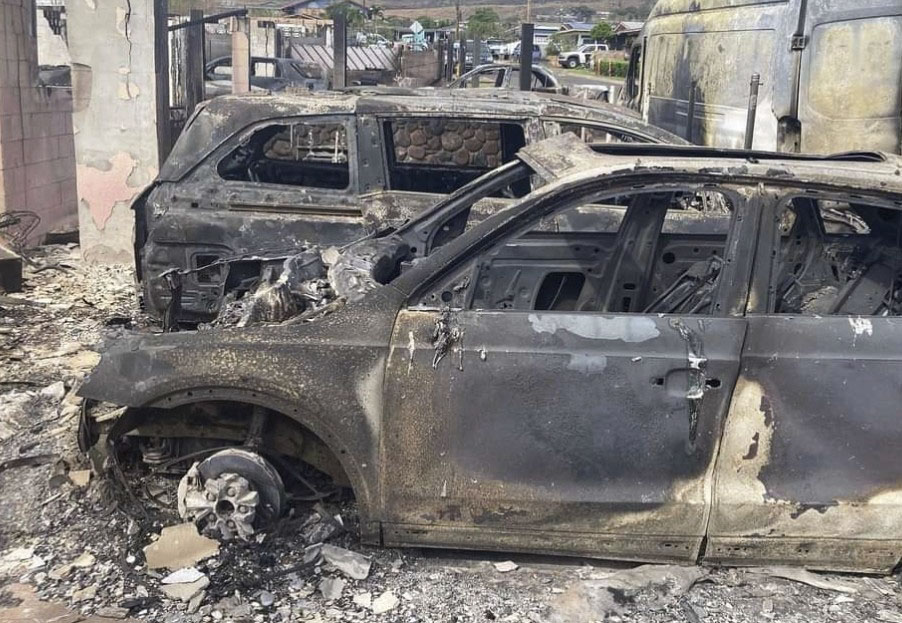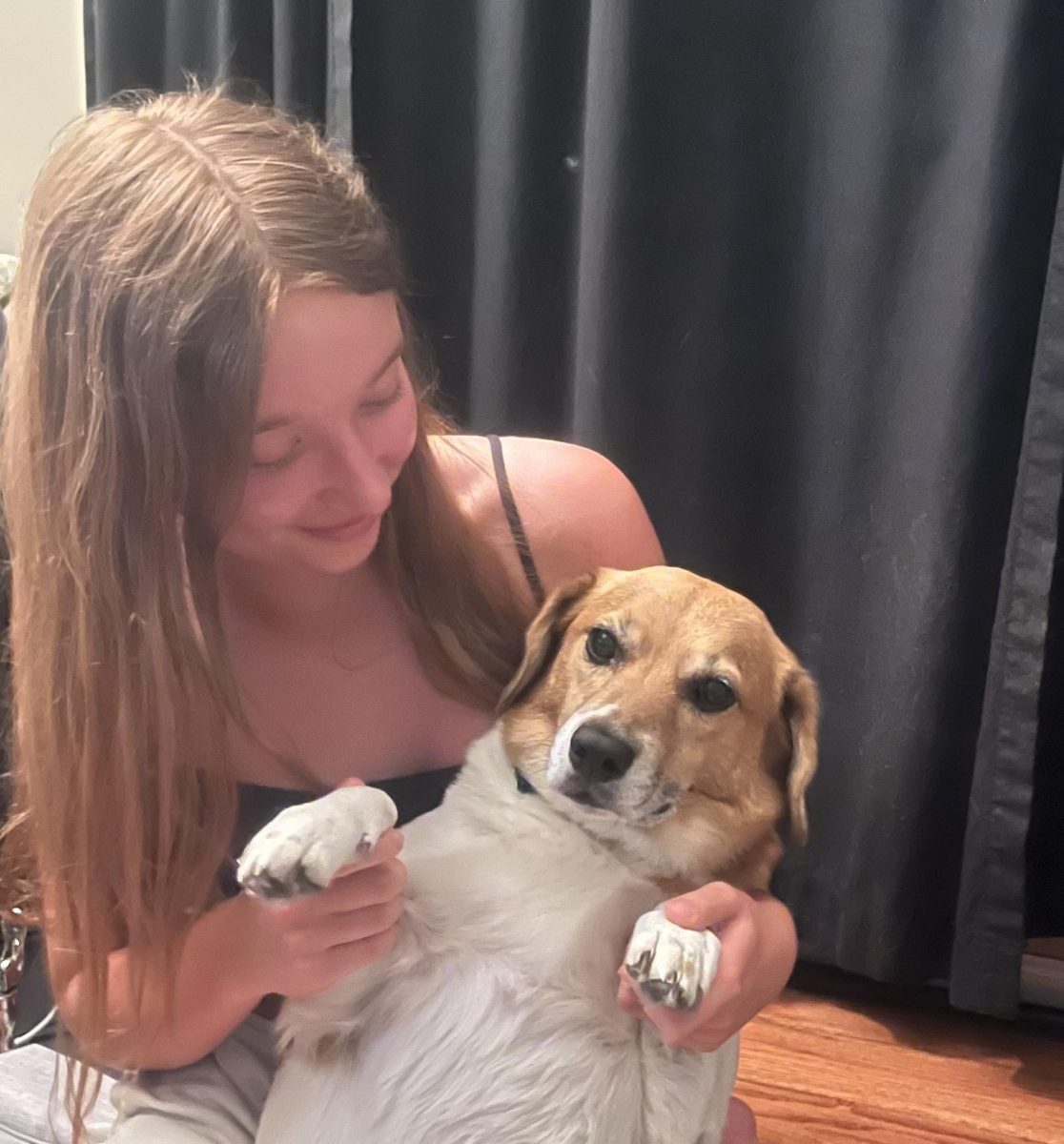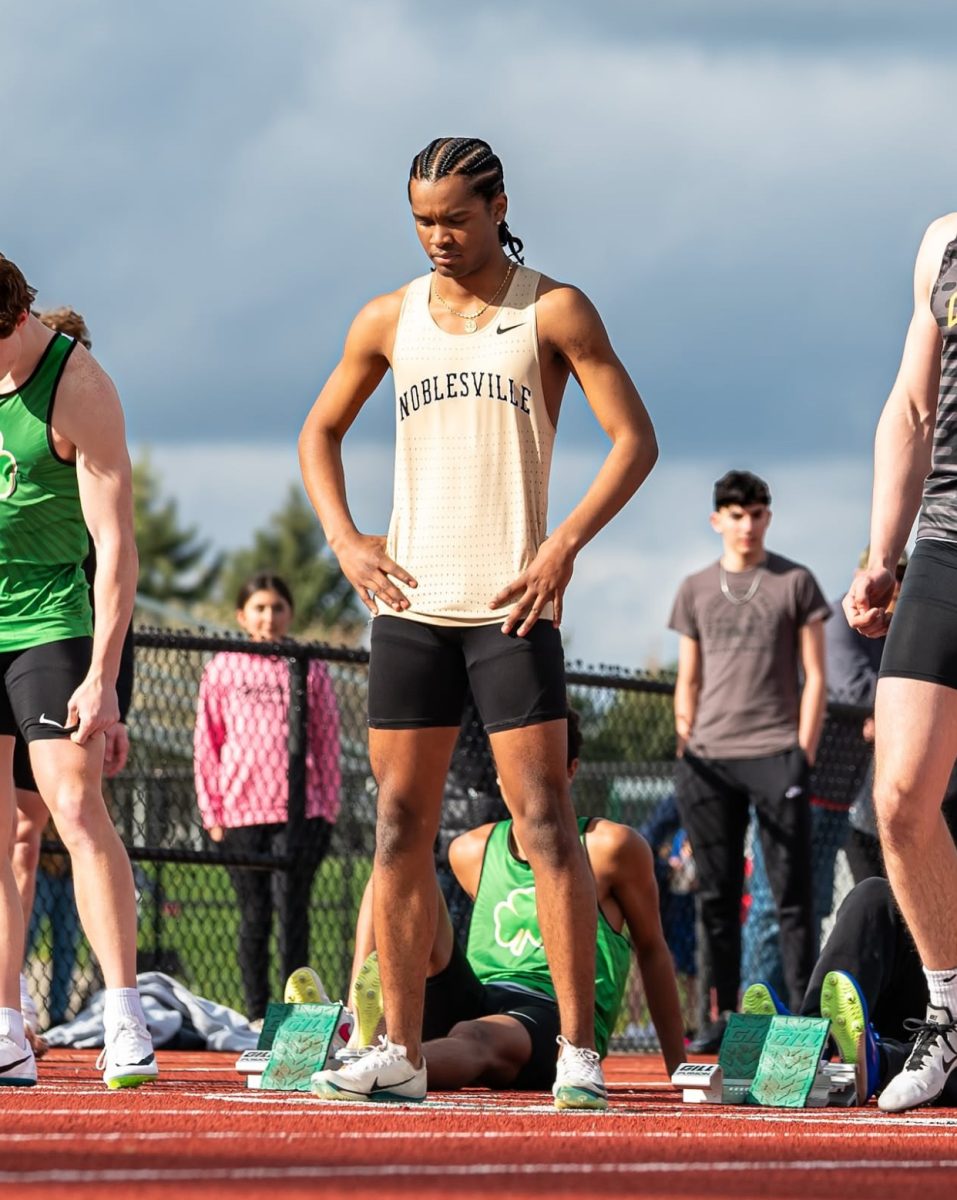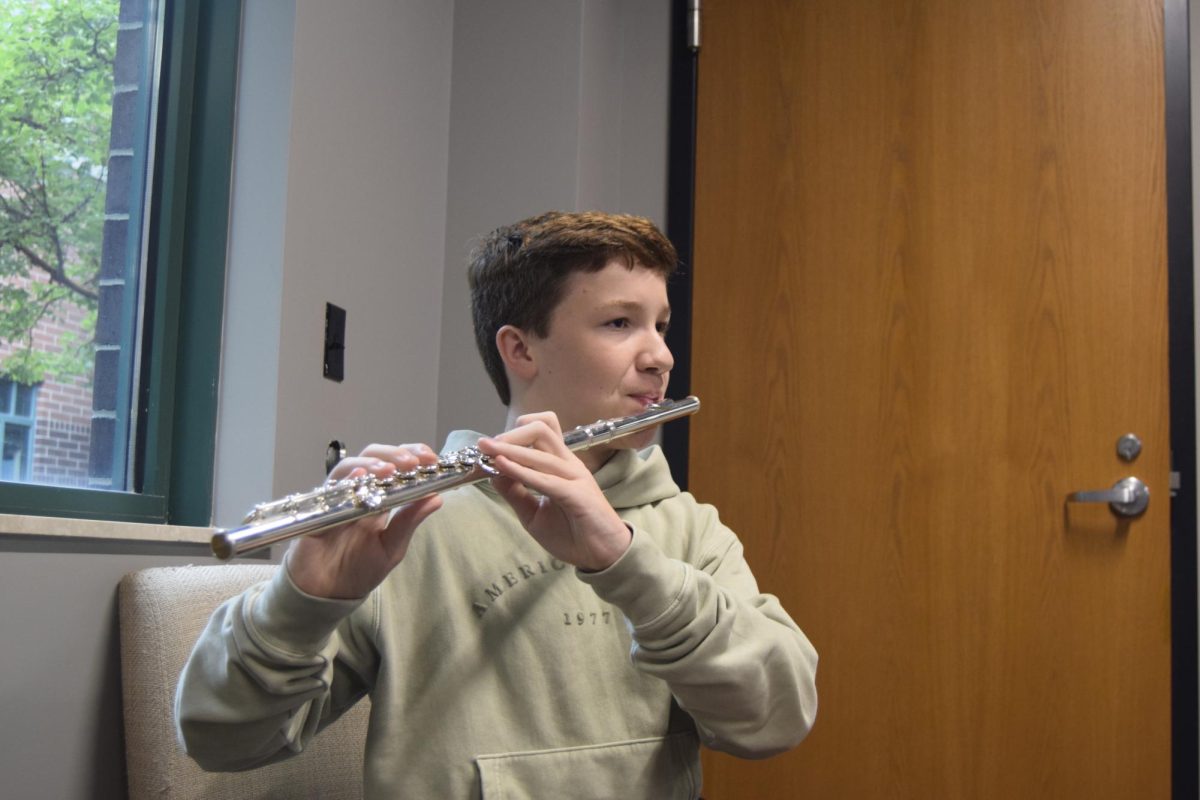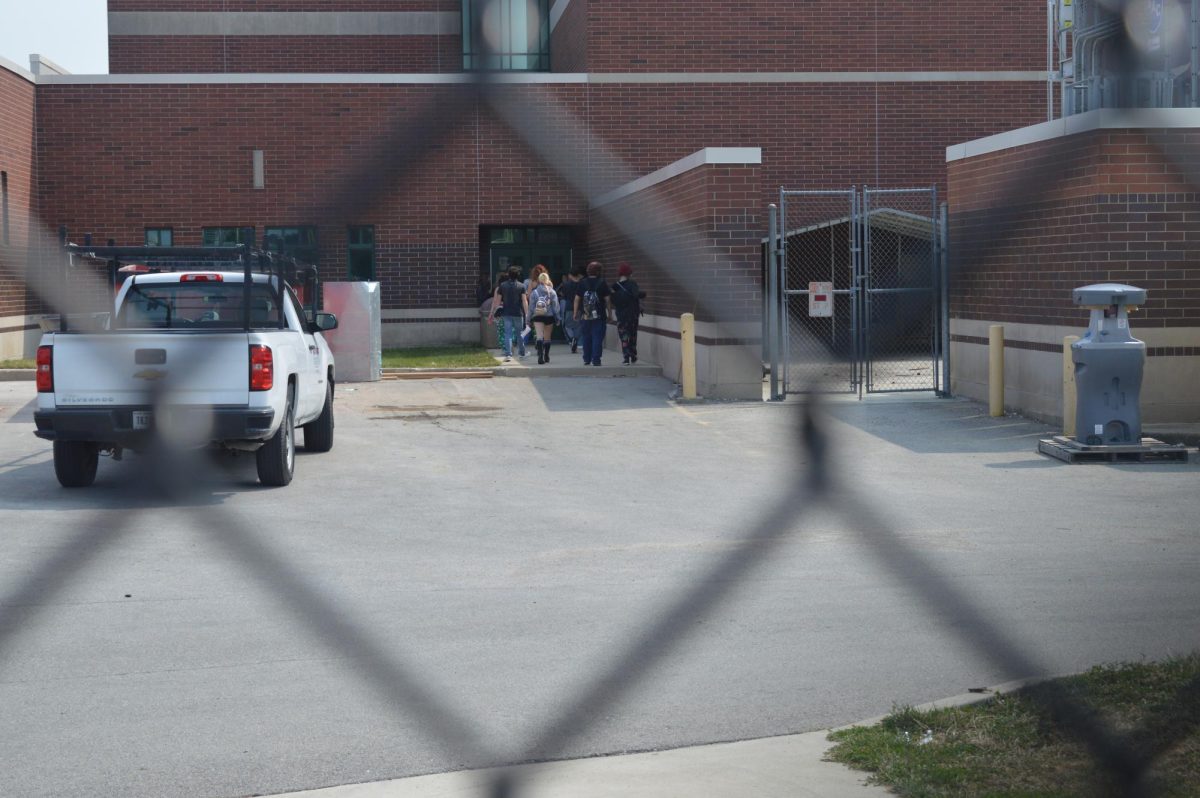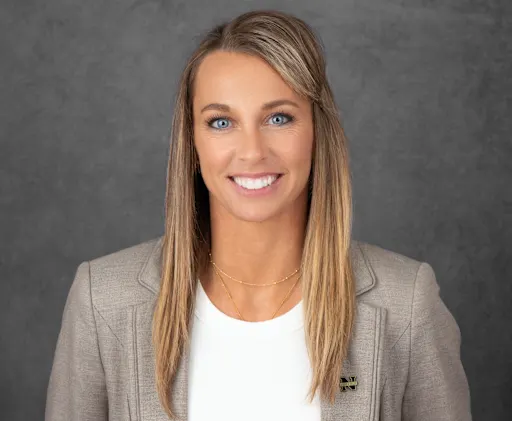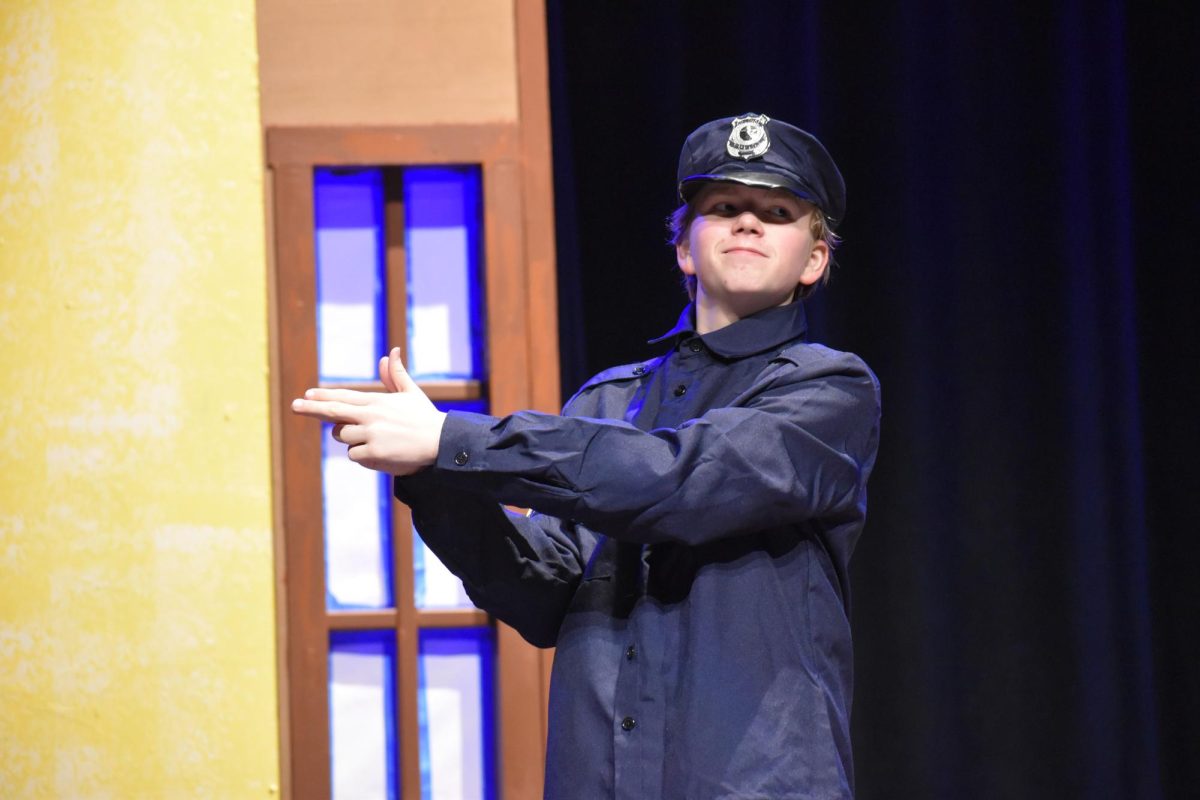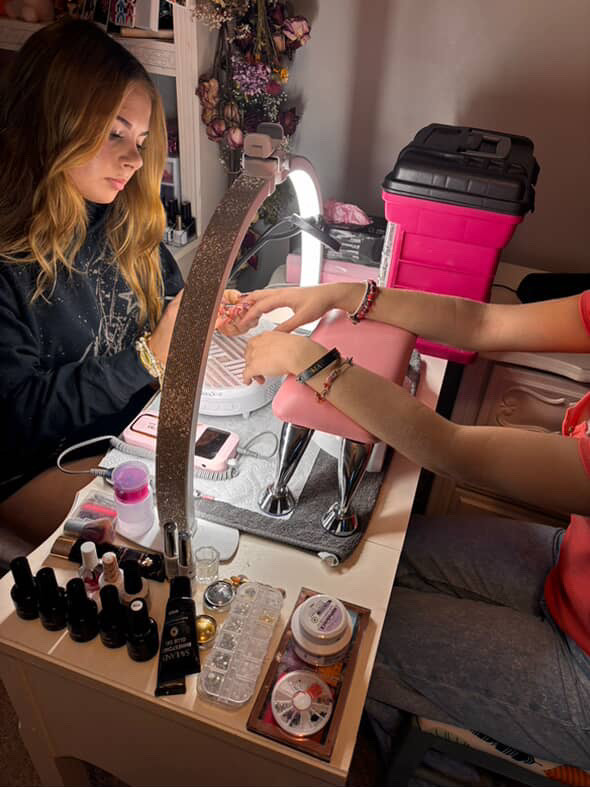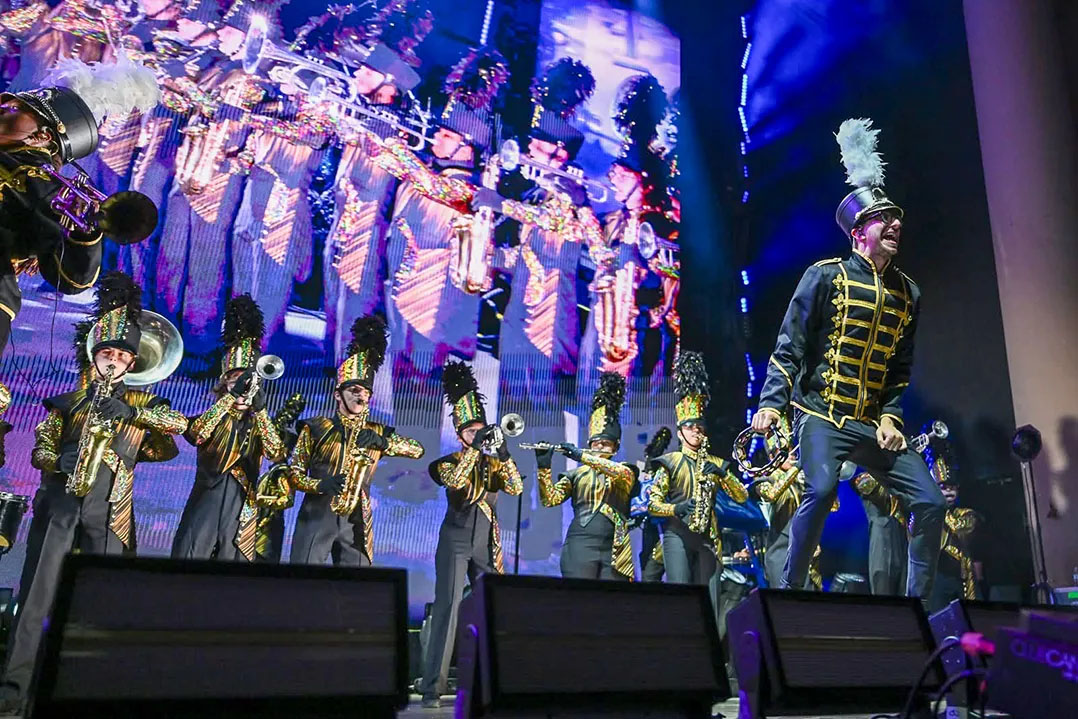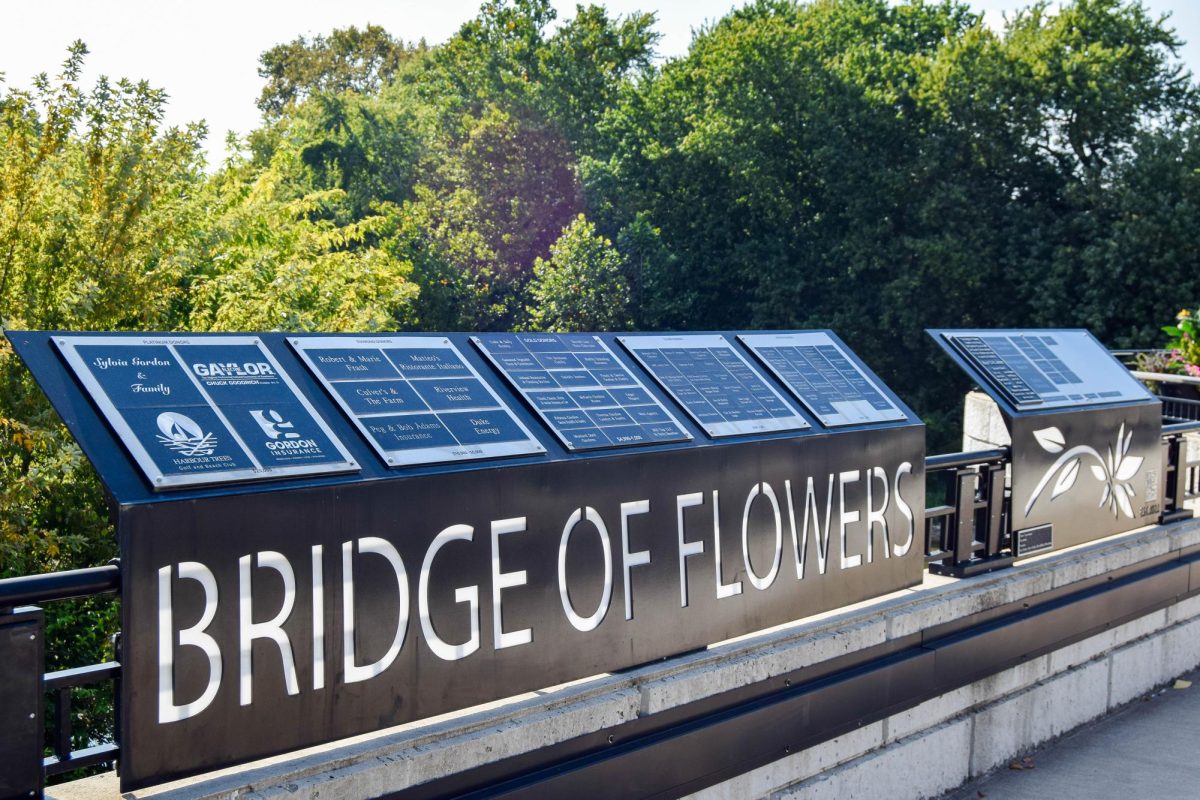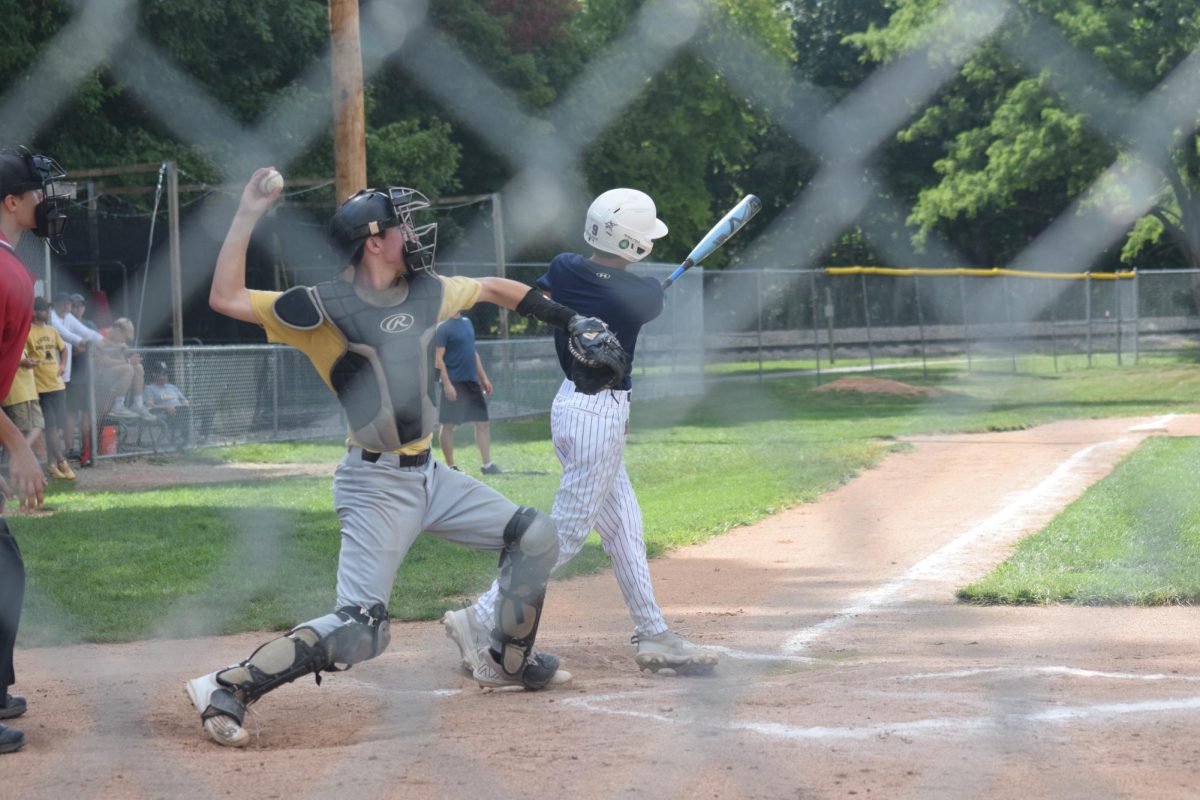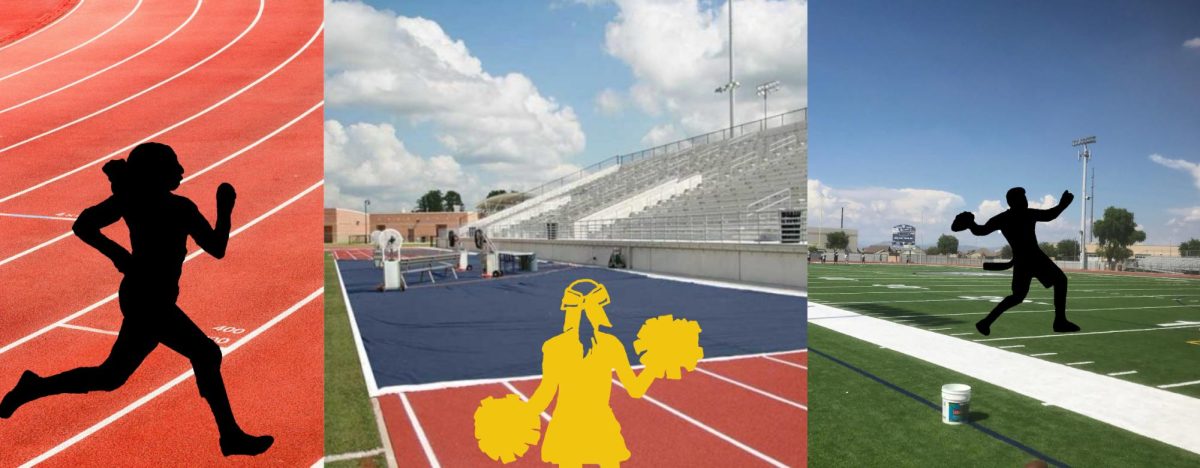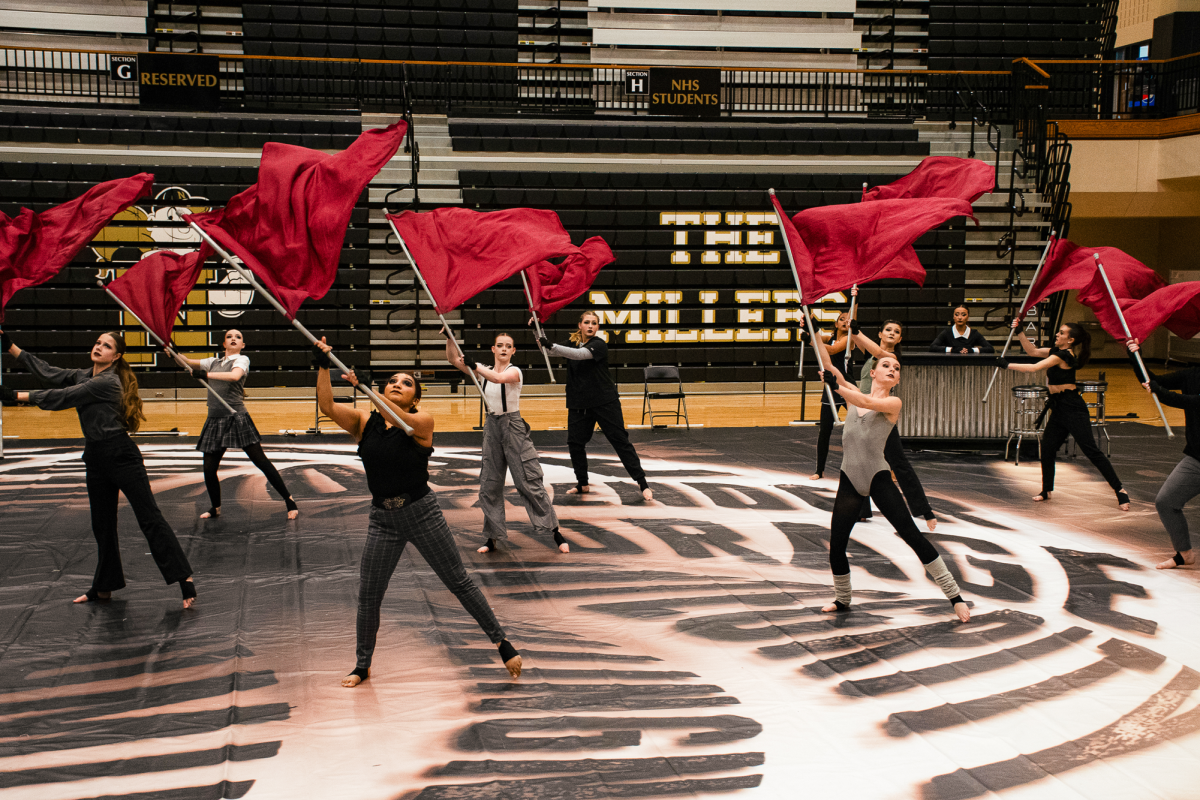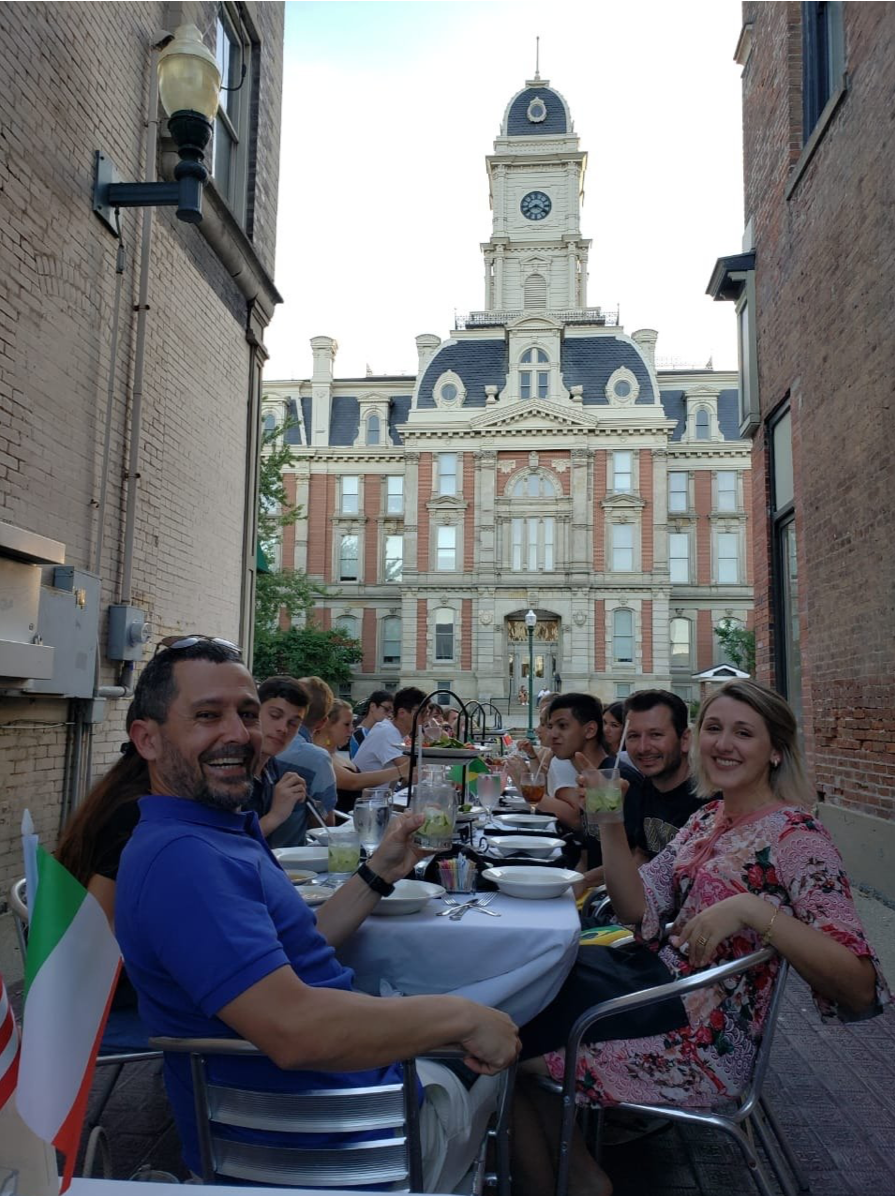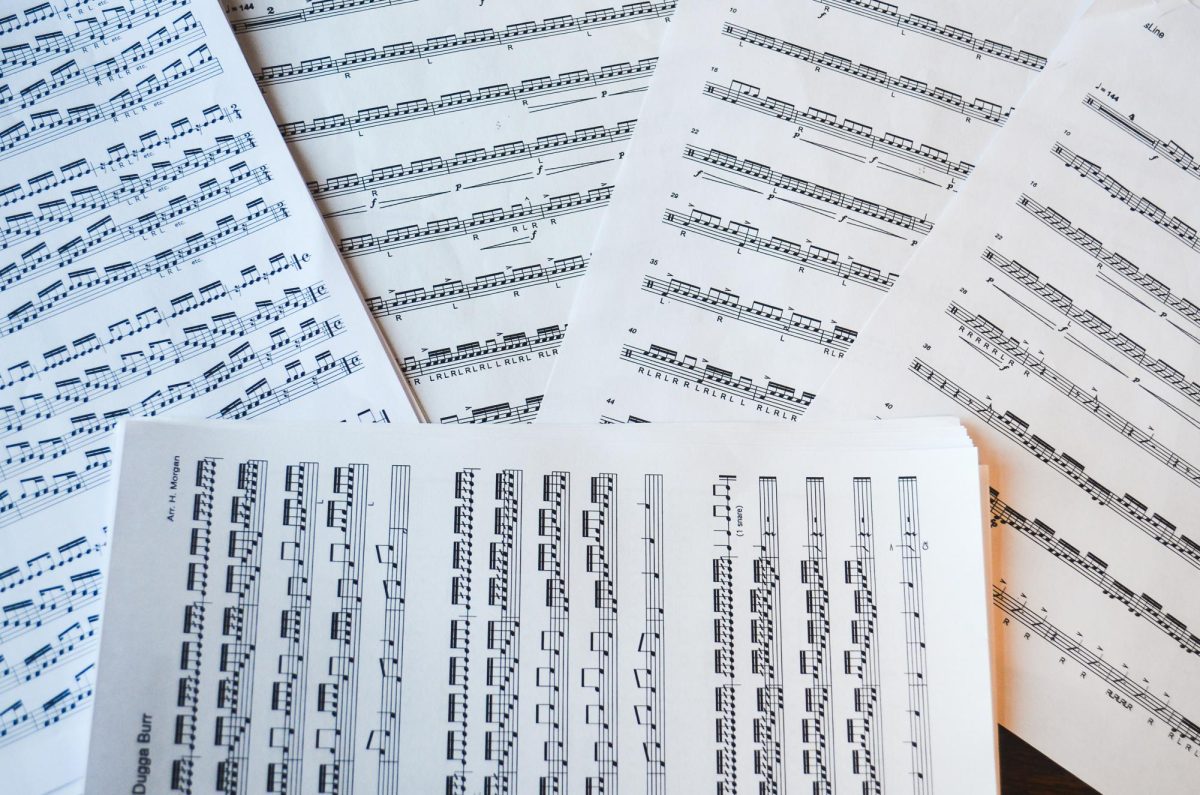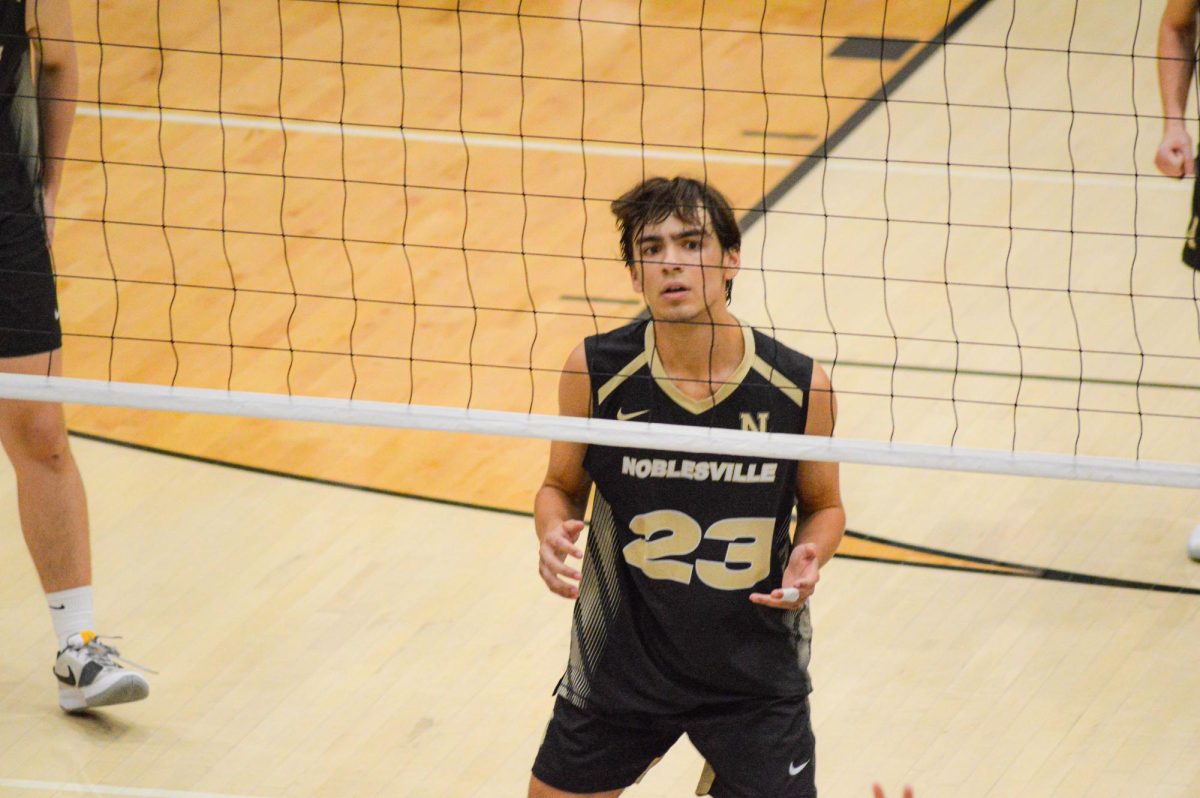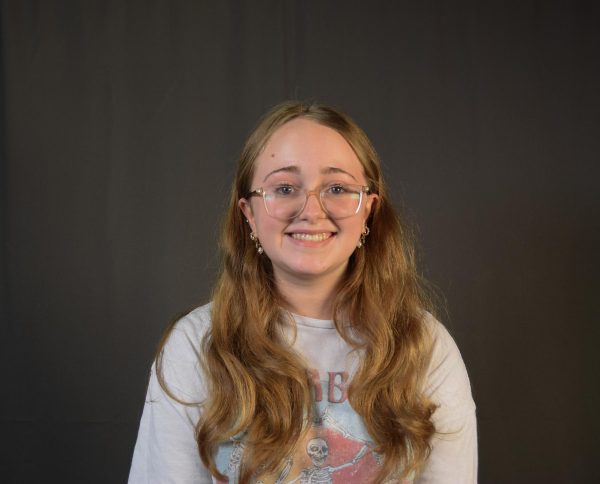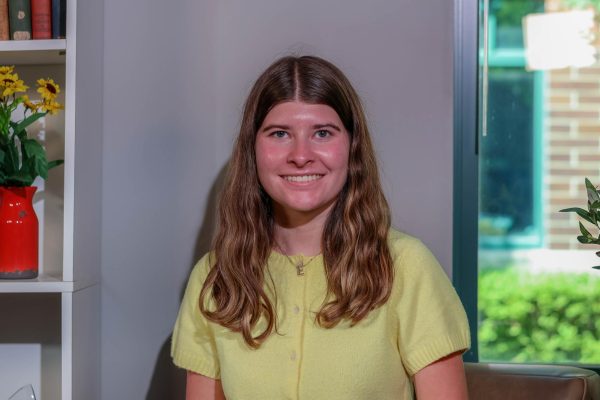Rob Lucas’s engine revs as he lifts both feet off of the hot, black asphalt and heads directly into a mass of black smoke. The flames that roar beside him and heat his face are in the back of his mind. Lucas’s home, and Maui’s historic town of Lahaina, is burning before his eyes, falling into nothing but fire and ash, a paradise turned into a hell. But something else is much more important to Lucas: his friend is in danger.
“It just kept getting hotter, so I didn’t know if I was going into something that was going to kill me,” Lucas said. “I had no idea what was happening; I just knew I had to get to my friend.”
Rob Lucas, better known as Bobby Honu to friends and family, is a resident of Maui, an island located within the Hawaiian archipelago. Lucas witnessed the devastating wildfires that ravaged the island firsthand, scorching an estimated 2,170 acres of land. He says that small fires are not unusual on the island, but the scale of the most recent disaster was a first for all of Maui.
“Fires happen out here a lot. We get high winds annually, and a lot of the time, we’re just looking, keeping an eye on the fire, waiting for it to get put out,” Lucas said. “But these winds were higher than they’ve ever been.”
As towers of smoke crept closer to his home, Lucas and a friend were able to escape the flames engulfing his neighborhood by jumping onto Lucas’s motorcycle — but their journey to safety was not an easy path.
“We had to turn around two different times because we came face-to-face with an entire house on fire,” Lucas said. “The wind was blowing down, so we ended up going into tar-level smoke, like pitch black. Telephone poles were down, wires were in the street, cops were in the street pushing people into a single lane, so it was bumper to bumper.”
But as soon as the pair had made it to safety, they realized someone else hadn’t.
“I had another friend that was in the middle of Front Street, and I was calling her frantically,” Lucas said. “I was able to get my first friend to safety at the Hyatt, and I told [my other friend] to wait and that I would be right there.”
At the time of Lucas’s conversation with his other friend, Front Street, the second most visited spot on the island of Maui, was filled to the brim with panicking tourists and quickly being overtaken by flames. However, upon receiving the news of his missing friend, Lucas hopped back on his motorcycle, heading back in without a second thought.
“I was in blacker-than-black smoke; I couldn’t see anything, and cars were bumper to bumper coming out,” Lucas said. “Someone had abandoned their car because the fire was so close, and everyone was stuck behind that person, which was just horrifying. A woman came up and was crying and was like, ‘I need to get my kids.’”
Lucas was able to find his friend, but was forced to drive south of Lahaina to escape the fire. His detour left his friend at the Hyatt stranded, wondering if he’d made it out of the fire alive or dead.
“She’s massively traumatized because when I left her, I told her to stay at the pool and that I’d be back,” Lucas said. “I told her to answer her phone, but the phones didn’t work, and she didn’t hear from me for a day and a half and thought I had died.”
However, the tragedy didn’t end there for Lucas. His business, Let Me Show You Maui, was unable to recover from the fire’s impact. The mission of Lucas’s business was to take tourists on an unforgettable trip across Maui, visiting hidden waterfalls, picturesque beaches, and other scenic hotspots around the island. Lucas served as a tour guide to those looking to explore Maui, photographing their journey along the way. But his house, burned to the ground by the wildfires, contained all the essentials of his business.
“There’s no coming back. I don’t have any vehicles; I lost six cars [and] all of my supplies,” Lucas said. “Even if tourists were to come back, I’d have to start buying cars and buying all that stuff again, and I don’t even have an address to send that stuff to right now.”
Lucas’s situation is similar to that of others across Maui. Many Hawaiians have lost their homes, jobs, and belongings — or worse, their loved ones.
“[I’ve been] helping out friends who have lost cash storages in their house and have nothing. One of my buddies lost his whole wallet, so he has nothing — no ID, nothing,” Lucas said. “There’s just a lot of crazy stories of what people have been through, and obviously the worst of it is people who lost friends and family, which is just awful.”
Nonetheless, Lucas says that the spirit of Maui hasn’t been completely dampened by the disaster.
“Anyone that can still stand and isn’t medically destroyed is trying to help,” Lucas said. “Everyone’s doing the best they can. It’s a beautiful island like that, people coming together to help each other.”
But according to Lucas, the love from the community can only do so much. The devastation and destruction from the wildfires is something that will impact Hawaiians for years to come.
“Right now, everyone’s trying to assist, but in a couple months, nobody will be,” Lucas said. “No one is going to have a job or a solid place to live. We’re going to have nothing.”
Back on Front Street, where Lucas had rescued his friend moments before, Lori Luther stood alongside a mass of confused tourists. Luther is a former resident of Centerville, Indiana — a small town about an hour’s drive from Noblesville — and was visiting Maui with her granddaughter for a senior trip. However, their vacation quickly turned into a nightmare, as Luther didn’t recognize the warning signs until she was already in imminent danger.
“Before the fire started, we’d been without electricity. All the roads were closed because of downed power lines, [and] they never turned the power off. All of those lines were live,” Luther said. “Also, we landed at the airport after eight hours on the plane, and we had to sit on the tarmac for two hours or more because of a fire at the airport. That should’ve been the major warning, but it didn’t trigger ‘fire’ in my mind.”
Luther says that at first, she was advised to stay inside of her designated room at the Lahaina Shores Beach Resort, despite the mass of black smoke accumulating a few hundred feet away. However, she and her granddaughter were forced to evacuate when the hotel staff realized the severity of the situation.
“The hotel people were saying that it would be okay and to go back to our rooms,” Luther said. “So we did that, and probably an hour later, they banged on the door and said, ‘You have to go now.’ They were hysterical.”
Luther and her granddaughter left the hotel without any of their belongings, later realizing that everything in their room was destroyed in the fire. According to Luther, between the two of them, the cost of their lost belongings is nearing eighteen thousand dollars.
“I could see that my hotel was still standing, and I asked [a friend] if our stuff was okay because the hotel was still standing,” Luther said. “He said, ‘No, the fire went through it; it’s just the cement block that’s still standing.’”
Luther and her granddaughter’s quick evacuation left them without a basic human necessity: shelter. Instead of sleeping in the airport with the majority of the other tourists, Luther says that they opted to make the best of an unconventional situation.
“We slept in the car for three nights,” Luther said. “I found nice neighborhoods in the town where the airport is, parked there, and locked our doors. Sleeping in the car was horrible, but at least we were in half of paradise.”
Luther and her granddaughter were met with an overwhelming amount of kindness from the locals as they decided to continue exploring the island.
“We ended up staying in Hana for two or three days, and the people there were just wonderful,” Luther said. “On the way to Hana, we were in a restaurant, and a young man said that he had a spare bedroom if we wanted to stay in it. When we got to Hana, a lady made about fifteen to twenty calls trying to find us a place to stay.”
Lucas believes that although the Maui wildfires have been plastered in the headlines of major media outlets, the attention towards the disaster will eventually disappear. He claims that those on the mainland can best support victims by continuing to bring awareness to the situation and extend their compassion towards communities devastated by these types of disasters — even if those affected are halfway across the globe.
“Right now, the outpouring of support has been tremendous, but don’t let it die out,” Lucas said. “Two months from now, when everyone’s back to work, and kids are back at school, and everyone’s back in their worlds, and Maui’s not on everyone’s lips, that’s when it’ll be important.”



